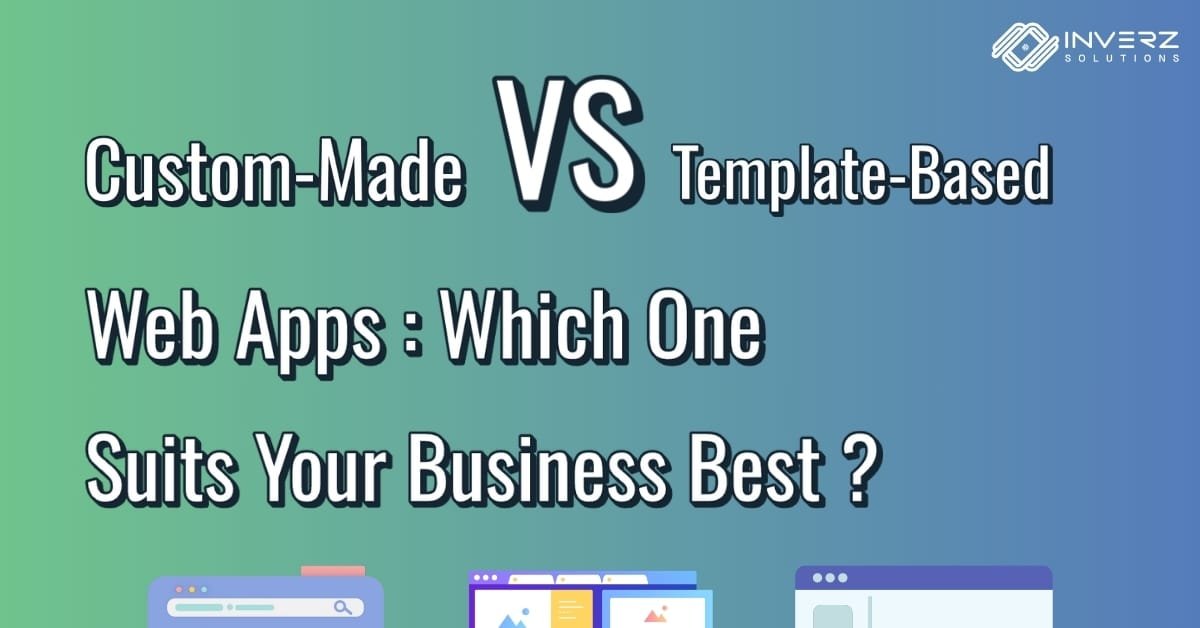
For most business owners who lack extensive knowledge about Web App development but wish to have one to support their business, it can be challenging to decide which type of Web App is more suitable when consulting a web development company—between a custom-made Web App and one built using WordPress. This article compares the key characteristics of both types of Web Apps to help guide you in choosing the one that best fits your business.
What is a Custom-Made Web App?
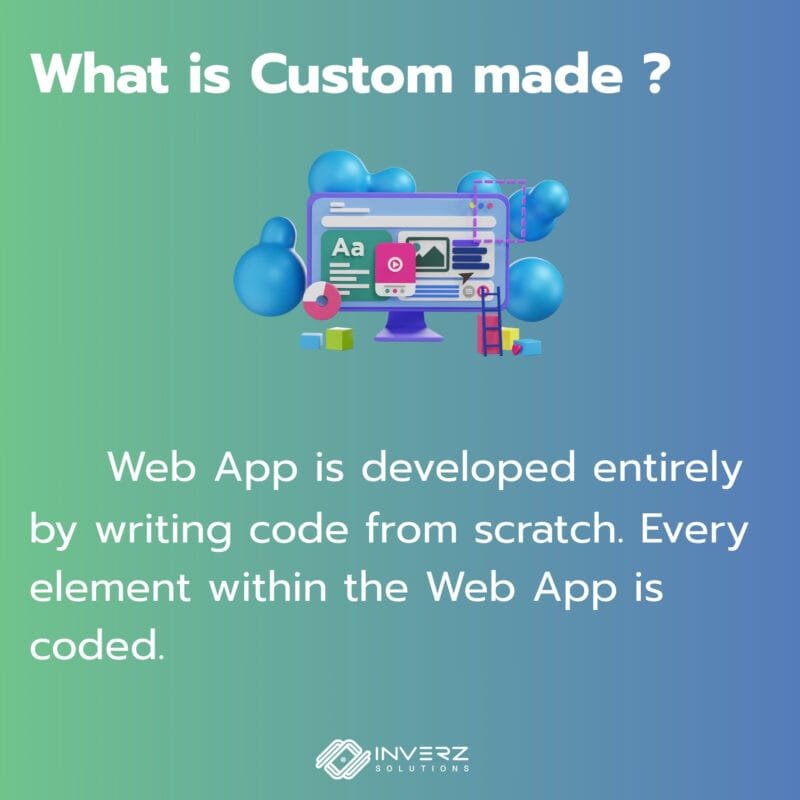
A Custom-Made Web App is developed entirely by writing code from scratch. Every element within the Web App is coded, including the internal workflows and systems.
Advantages of a Custom-Made Web App:

- Allows for the addition of features and functions freely and flexibly, depending on the developer’s skills and expertise.
- Enables the creation of a highly unique and personalized Web App.
- Can gain special trust and higher ranking from Google when SEO is implemented through a custom-made Web App.
- Offers better control over the structure, especially with Page Speed, which is easier to manage compared to other types of Web Apps.
- When developed by a highly skilled developer, the code can be written to provide strong protection against cyber threats.
Limitations of a Custom-Made Web App:
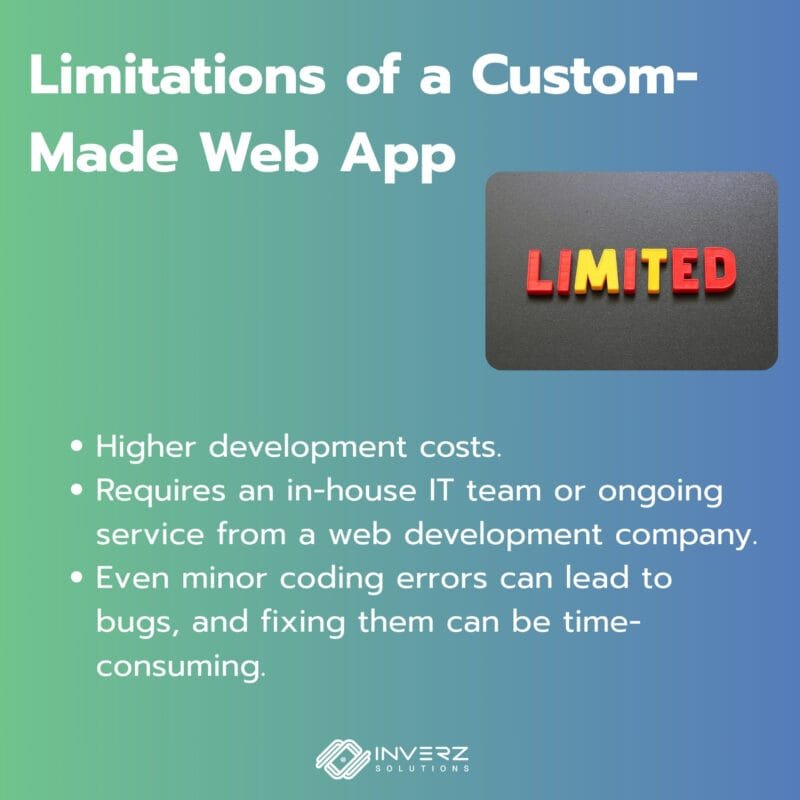
- Higher development costs compared to WordPress or other template-based websites.
- Requires an in-house IT team or ongoing service from a web development company to maintain and manage the system.
- Even minor coding errors can lead to bugs, and fixing them can be time-consuming.
Best suited for:
- Businesses aiming to build a strong and distinct identity through their Web App.
- Large-scale marketplace businesses with complex and diverse systems.
- Companies with a highly skilled IT team.
What is a WordPress or Template-Based Web App?
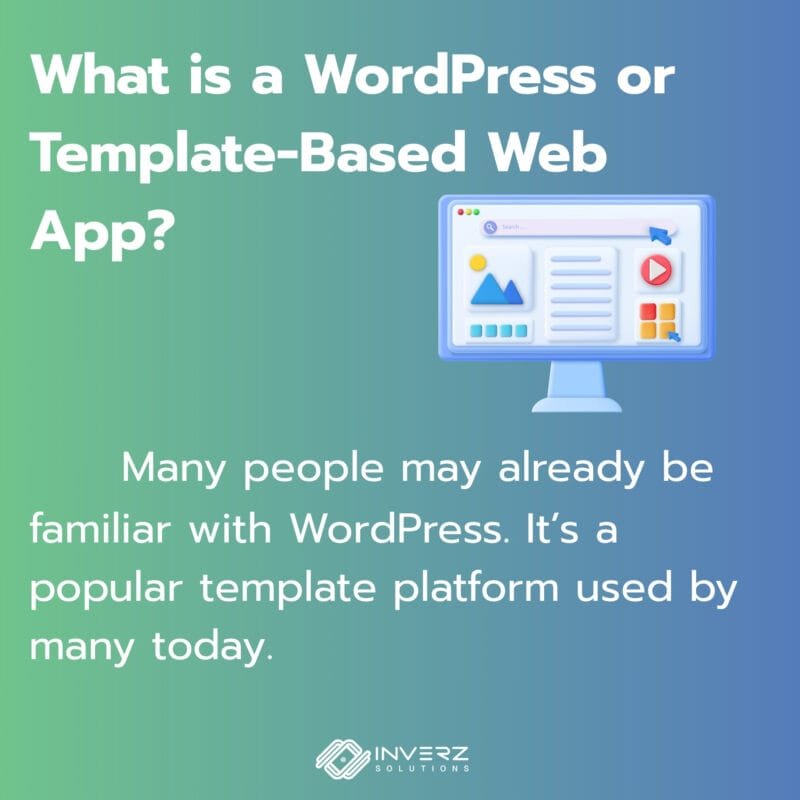
Many people may already be familiar with WordPress. It’s a popular template platform used by many today, known primarily for its three key components: WordPress Core, Themes, and Plugins.
Advantages of a WordPress Web App:
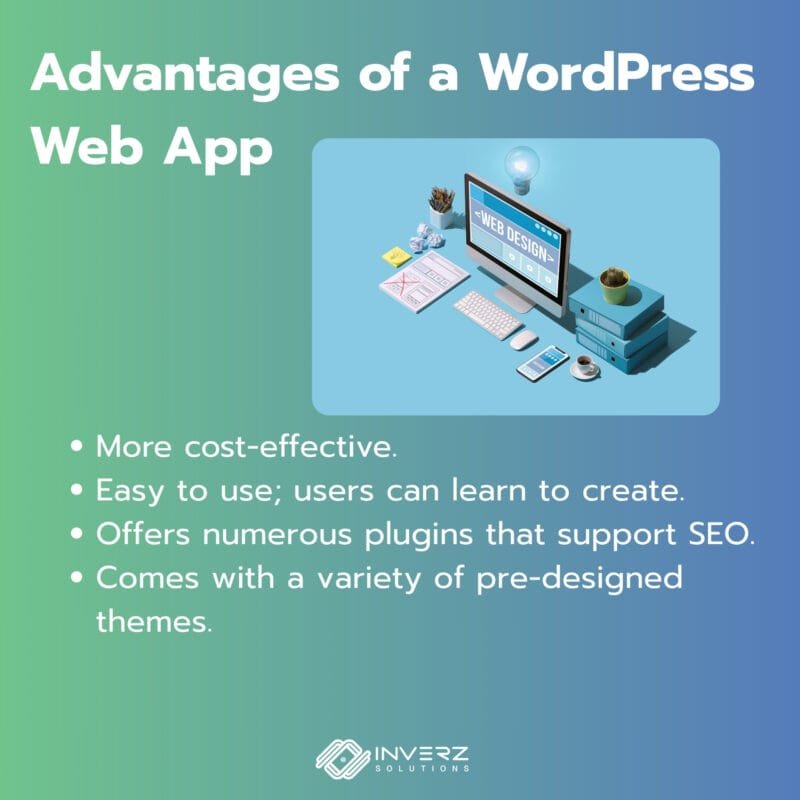
- More cost-effective compared to a Custom-Made Web App.
- Easy to use; users can learn to create and manage the backend with relative ease.
- Offers numerous plugins that support SEO and back-end workflow management, greatly enhancing usability and ease of maintenance.
- Comes with a variety of pre-designed themes, reducing the need to design the web structure from scratch.
Limitations of a WordPress Web App:
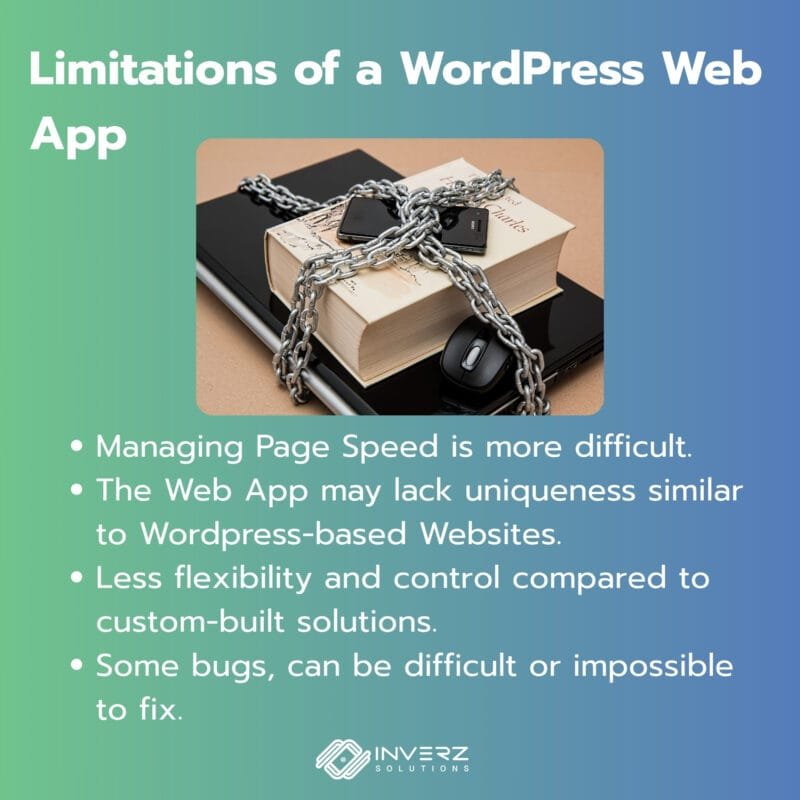
- Managing Page Speed is more difficult due to the need for server resources by plugins and extensions.
- The Web App may lack uniqueness, with designs and structures often similar to other WordPress-based websites.
- Less flexibility and control compared to custom-built solutions.
- Some bugs, especially those arising from plugin issues, can be difficult or impossible to fix.
Best suited for:
- Small to medium-sized businesses with limited website development budgets.
- E-commerce businesses running single-store operations, thanks to the wide range of supportive plugins.
- Web Apps with relatively simple workflows.
- Individuals looking to build a Web App on their own at the initial stage.
Conclusion
Based on the explanations and the pros and cons of both types of Web Apps, you should now have a clearer idea of which approach may be more suitable for your business. Each method offers different advantages, limitations, and suitability depending on your business model. Ultimately, the decision lies with the business owner. However, choosing to work with a professional web development company will also ensure you receive proper guidance tailored to your business needs.
Source: 1001click.com
If you want your business to reach online customers and achieve sustainable marketing results, we are happy to provide consultation on what you need.
For further inquiries, contact us at:
Tel. 093 696 4498 Line OA: https://lin.ee/po8XduU
E-mail: mongkontep@pkindev.com
Inverze Solutions Co., Ltd. has received numerous awards for its achievements.
